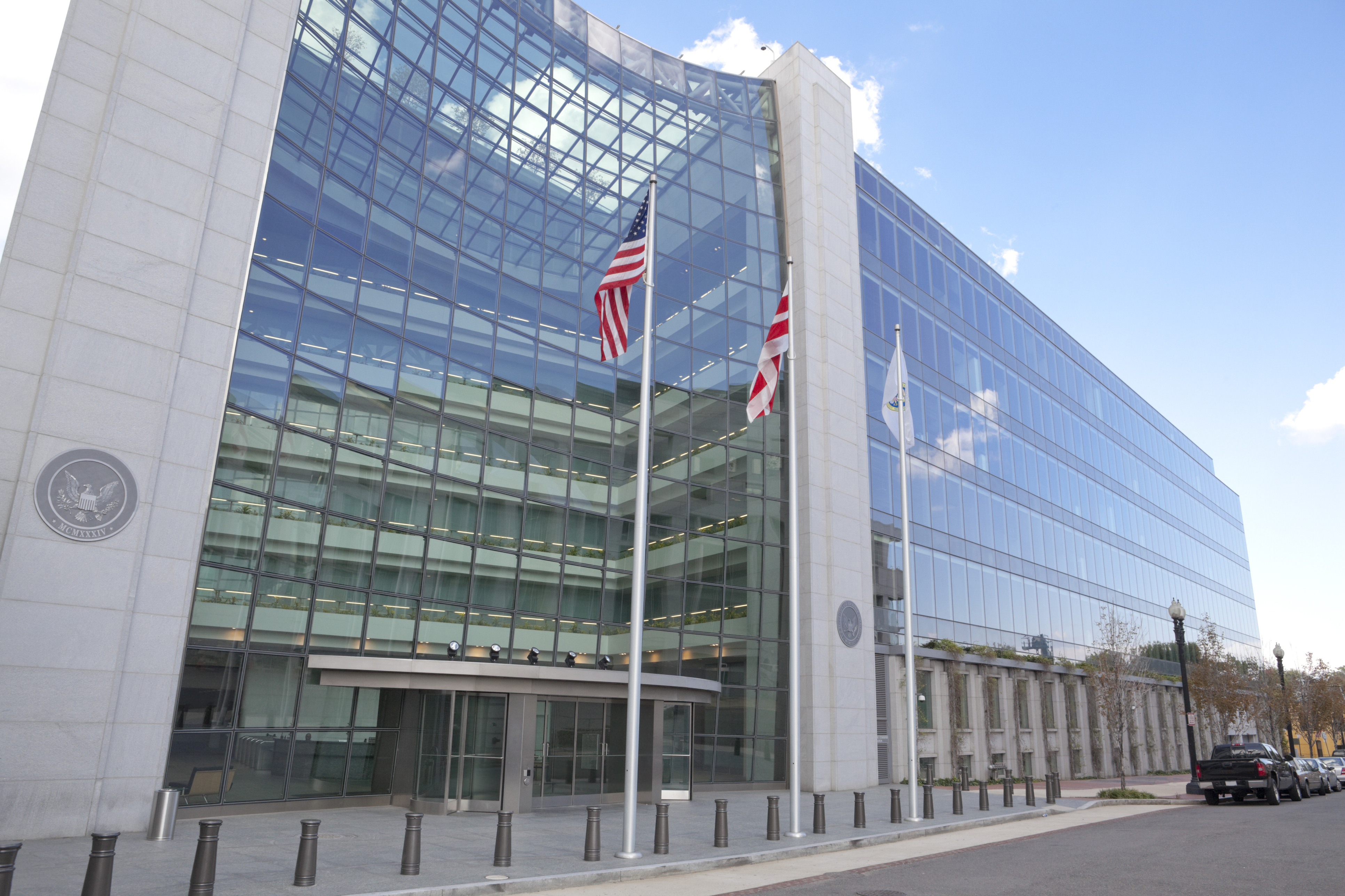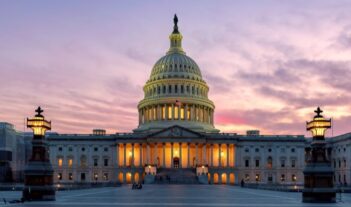
Supreme Court limits agency’s ability to demand repayment of illegal gains.
When thieves are required to repay the money they stole, are they being punished? Or is the repayment just compensation to those from whom they stole?
These questions recently presented themselves to the U.S. Supreme Court in a case involving enforcement proceedings against violators of federal securities laws.
In Kokesh v. SEC, the Supreme Court considered whether the U.S. Securities and Exchange Commission’s (SEC) pursuit of “disgorgement”—a type of repayment in which the defendant is required to turn over the gains obtained from violating the securities laws—is properly understood as a “penalty” within the meaning of a statute imposing a five-year limitation on the imposition of penalties by the SEC. A statute of limitations is important because if the SEC fails to bring an enforcement action within five years of the occurrence of a violation a court must dismiss the action.
The contested SEC enforcement action in Kokesh arose under several laws aimed at preventing ethical breaches in the securities industry following the Great Depression—including the Securities Act of 1933, Securities Exchange Act of 1934, and the Investment Advisers Act of 1940, among others. The Securities Exchange Act of 1934, in particular, established the SEC and gave the agency its power to enforce federal securities laws.
Although the SEC was given the power to issue regulations, investigate violations, and pursue enforcement proceedings in federal court, the sanctions that the SEC could pursue were initially limited to an “injunction barring future violations of securities laws”—essentially, a court order prohibiting the defendant from breaking the law in the future. Without the ability to pursue other penalties, the SEC argued that the courts should order disgorgement. The courts eventually agreed starting in the 1970s.
But in 1990, Congress expanded the SEC’s enforcement options in the Securities Enforcement Remedies and Penny Stock Reform Act, a law which gave the SEC what the Kokesh Court described as the “full panoply of enforcement tools”—including the authority to “seek monetary penalties and injunctive relief.”
But even with this expanded menu of enforcement options, the SEC continued to pursue disgorgement.
The 1990 law provides that “an action, suit or proceeding for the enforcement of any civil fine, penalty, or forfeiture, pecuniary or otherwise” must be “commenced within five years from the date when the claim first accrued.” In a previous case, Gabelli v. SEC, the Court held that the limitations period applies to monetary penalties, but lower courts continued to disagree about whether the same limitation applied to disgorgement.
In Kokesh, the SEC took an enforcement action against Charles Kokesh, who owned two investment firms which the SEC asserted Kokesh used to misappropriate about $35 million from several of his companies’ clients. The SEC pursued “monetary civil penalties, disgorgement, and an injunction barring Kokesh from future violations.”
A jury found that Kokesh had “violated several securities laws,” but the federal court decided that the five-year statute of limitations only “applied to the monetary civil penalties.” The court did not apply the statute of limitations to a nearly $35 million judgment for disgorgement—nor to a judgment for about $18 million in interest—because it determined that disgorgement did not constitute a penalty.
The U.S. Court of Appeals for the Tenth Circuit agreed, reasoning that “disgorgement was neither a penalty nor a forfeiture.”
Nevertheless, the Supreme Court, in an opinion by Justice Sotomayor, unanimously held that SEC disgorgement does constitute a penalty—and, as a result, that the five-year statute of limitations applies.
The Court recognized that the applicability of the statute of limitations to disgorgement turned on whether “disgorgement qualifies as either a fine, penalty, or forfeiture.” The Court looked to an earlier case, Huntington v. Attrill, for the definition of the term “penalty.” The Attrill Court had said a penalty includes any “punishment, whether corporal or pecuniary, imposed and enforced by the State, for a crime or offense against its laws.”
Using that definition, the Court discerned two principles. First, whether a sanction constitutes a “penalty” depends upon “whether the wrong sought to be redressed is a wrong to the public or a wrong to the individual.” Second, penalties are imposed “for the purpose of punishment, and to deter others from offending in like manner,” rather than to compensate a victim.
The Court then stated that these principles “readily demonstrate that SEC disgorgement constitutes a penalty,” because SEC disgorgement is sought for a violation “committed against the United States rather than an aggrieved individual—this is why, for example, a securities-enforcement action may proceed even if victims do not support or are not parties to the prosecution.”
Moreover, the Court observed that SEC disgorgement also deters future violations, and that deterrence is not merely “an incidental effect” but is often viewed by courts as its primary purpose. Additionally, the Court observed that “in many cases, SEC disgorgement is not compensatory” at all. Instead, the Court noted that, in practice, “some disgorged funds are paid to victims,” while “other funds are dispersed to the United States Treasury.” Indeed, in some cases, disgorgement actually “exceeds the profits gained as a result of the violation” when, for example, an inside trader is required to disgorge gains obtained by third parties as a result of the trader’s illegal conduct. In other words, there have been cases in which disgorgement actually leaves the defendant worse off.
Thus, having determined that disgorgement “bears all the hallmarks of a penalty,” the Court concluded that it is subject to the five-year statute of limitations applicable to other SEC penalties.
The Kokesh decision thus imposes an additional constraint on the SEC’s ability to enforce securities laws, primarily by limiting the availability of disgorgement to cases within the five-year limitations period. Some commentators have also suggested that the Kokesh decision brings into question whether courts can ever order disgorgement.
George Washington University Law School Professor Theresa Gabaldon has stated that the Court’s decision in Kokesh may even “logically demand…that disgorgement be characterized as a civil monetary penalty” and therefore be subject to still further limits contained in the law. If courts accept Gabaldon’s argument, that result could mean that, in practical terms, the SEC may in many cases have a harder time obtaining disgorgement at all.
This essay is part of an eight-part series, entitled The Supreme Court’s 2016–2017 Regulatory Term.



